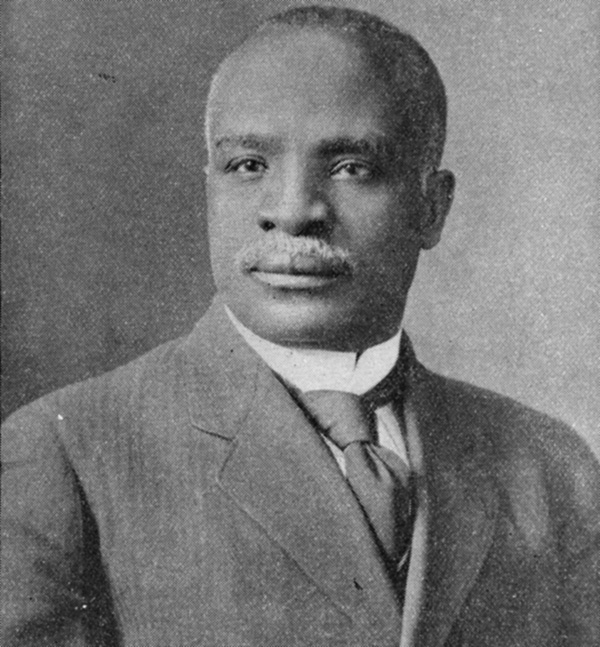Kelly Miller: mathematician, intellectual, and political activist. Miller was born on July 18, 1863, in Winnsboro, South Carolina to Kelly and Elizabeth Miller. Like many African Americans who took advantage of increased educational opportunities after the civil war, Miller attended Howard University in Washington, D.C., where he earned his Bachelor of Arts in 1886. During his time at Howard University, he served as a clerk in the US Pensions Office.

In 1887, Miller became the first graduate student at Johns Hopkins University where he studied mathematics and physics. After an increase in tuition, Miller was forced to leave Johns Hopkins in 1889 without completing his graduate work. He continued his studies as a student of Captain Edgar Frisby, an English mathematician at the US Naval Observatory, and briefly taught mathematics at M Street High School in Washington before being hired by Howard University as a professor of mathematics.
Miller taught mathematics at Howard for the next five years. In 1897, he helped found the first organization for black intellectuals known as the American Negro Academy. He also enrolled in Howard University for graduate school, earning his Master of Arts in 1901 and an LL.B (Bachelor of Law) from Howard University Law School in 1903.
Like many of the 20th-Century Black American intellectuals, Miller believed that the developing social sciences would be useful in assessing the experiences of Black Americans and in charting a course for their future advancement. He helped organize Howard’s sociology department during the 1890s and served as a professor of sociology from 1895 to 1934. Miller’s interest in the plight of African Americans encouraged him to help W.E.B. DuBois in editing the Crisis, the magazine of the National Association for the Advancement of Colored People (NAACP). In addition, Miller crafted numerous lectures and pamphlets that examined the racial experiences of Black Americans. His thoughts and ideas appeared in weekly columns that were published in more than 100 newspapers in the 1920s and 1930s and appeared in several books including Race Adjustment (1908), Out of the House of Bondage (1914), and The Everlasting Stain (1924).
In addition to his duties as an educator and researcher, Miller served as dean of the College of Arts and Sciences at Howard from 1907 to 1918. After spending over fifty years at Howard University as a student, teacher, and administrator, Miller retired from Howard in 1931. He died in Washington, D.C. on December 29, 1939, at the age of 76.
Kelly Miller’s influence and legacy went far beyond his work at Howard University, for over the years he became a national leader in the cause of the African-Americans.
